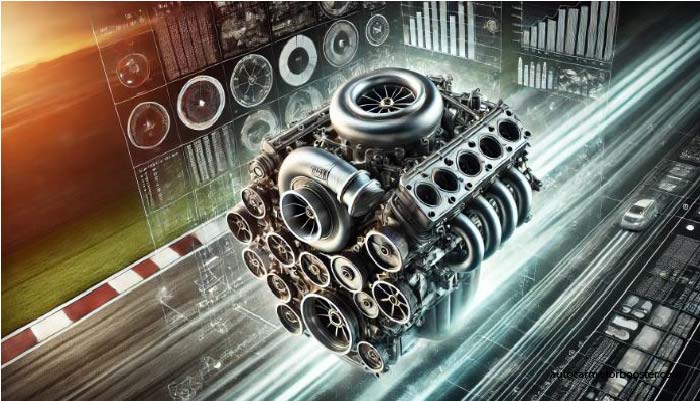Maintaining the efficiency and longevity of an engine is a critical concern for vehicle enthusiasts and professionals alike. With the advent of engine boosting technologies like turbocharging and supercharging, vehicles can achieve remarkable power gains. However, understanding how these modifications impact engine life is vital to ensuring long-term performance and reliability.
What Is Engine Boosting?
Engine boosting refers to methods such as turbocharging and supercharging, designed to increase the air intake and combustion process. By compressing the air entering the engine, these systems allow more fuel to burn, resulting in higher horsepower and torque.
Key Characteristics of Turbocharging and Supercharging:
- Turbocharging uses exhaust gases to spin a turbine and compress air into the engine.
- Supercharging relies on mechanical power from the engine itself to compress air.
While both methods significantly improve performance, their effects on the engine’s lifespan differ due to thermal and mechanical stresses.
Effects of Boosting on Engine Life
Boosting can impact engine life positively or negatively depending on various factors:
1. Increased Engine Load
Boosting systems increase combustion pressures, which can strain engine components such as pistons, rods, and crankshafts. If these components are not designed for high performance, premature wear or failure may occur.
2. Heat Generation
Compressing air generates significant heat. Excessive thermal stress can degrade engine oil faster and lead to overheating if cooling systems are inadequate.
3. Enhanced Combustion Efficiency
On the positive side, properly implemented boosting improves combustion efficiency, allowing engines to run cleaner and perform better.
How to Mitigate Negative Effects
To extend the lifespan of a boosted engine, it is essential to follow these guidelines:
- Upgrade Internal Components: Invest in high-quality pistons, rods, and bearings designed to handle increased stress.
- Optimize Cooling Systems: Ensure the cooling system can manage the additional heat generated by the boosting system.
- Regular Maintenance: Perform routine oil changes and inspections to prevent wear and tear from escalating.
- Tuning and Calibration: Use professional tuning to ensure the engine’s air-fuel mixture is optimal under boosted conditions.
- Monitor Boost Levels: Avoid excessive boost pressure to reduce the risk of overloading the engine.
Benefits of Engine Boosting
Despite the challenges, boosting provides numerous benefits when implemented correctly:
- Increased power and performance without the need for larger engines.
- Improved fuel efficiency in modern turbocharged systems.
- Enhanced driving experience with greater torque and acceleration.
Potential Risks of Improper Boosting
Improper installation or usage of boosting systems can lead to significant engine damage, including:
- Knocking and Detonation: High pressures may cause abnormal combustion, damaging the engine.
- Turbo Lag: Poorly configured systems may delay power delivery, affecting performance.
- Oil Starvation: Inefficient lubrication systems might fail to cope with the additional stress.
FAQs About Boosting and Engine Life
1. Does boosting reduce engine life?
Boosting can reduce engine life if improperly implemented or maintained. High-quality components and regular servicing can mitigate this risk.
2. What is the ideal boost pressure for longevity?
Ideal boost pressure varies depending on the engine design. Generally, maintaining moderate boost levels (e.g., 7-12 psi) is safer for stock engines.
3. Can a stock engine handle boosting?
Some stock engines can handle low levels of boost. However, high-performance applications require upgraded internals.
4. How often should a boosted engine be serviced?
Boosted engines typically require more frequent servicing, including oil changes every 3,000-5,000 miles and regular inspections of boosting systems.
5. What are the signs of boosting-related engine issues?
Common signs include increased oil consumption, overheating, knocking noises, and reduced power output.
Final Thoughts
Understanding the impact of boosting on engine life requires a balance of knowledge and precaution. With proper implementation, maintenance, and monitoring, you can enjoy the performance benefits of boosting while preserving engine longevity. Prioritize quality components and professional tuning to ensure your engine runs optimally for years to come.
If Like This Article Visit Our Website. Collect From Wekiapedia
